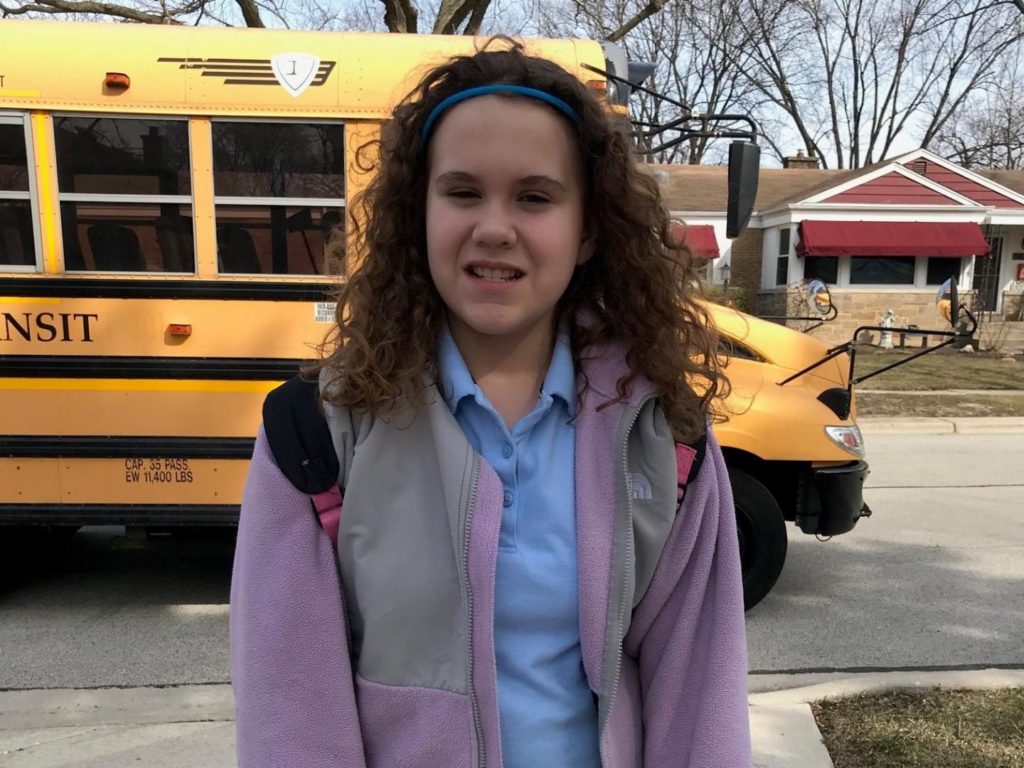April 2 is recognized as World Autism Day. A day to increase awareness and celebrate autism.
I know what you’re thinking: how do you celebrate a disorder?
How do you celebrate an epidemic—one the CDC estimates 1 in 59 children will be diagnosed with? It’s great to increase awareness of autism (we all love those 5ks and bike rides and charity events) but to me, this day is meant to celebrate individuals with autism and their unique talents, skills, and abilities.
There is great diversity within the autism spectrum. Differences in communication, social interaction, sensory receptiveness, and highly focused interests blend together differently for each person with autism—sort of like a “recipe” for their individuality. Often individuals with autism are very bright, and typically very honest which can be a refreshing.
What people with autism really strive for is the same thing we all strive for: acceptance and belonging. It’s not about pretending that autism doesn’t exist; it’s about the acknowledgement that their brains are wired a bit differently and accepting them for their differences and creating an environment of inclusiveness.
Another thing most humans struggle with is the idea of “normal”. We are all comfortable being “normal,” and we are often told what we need to say or how we need to act or even how we need to look to fit this perceived standard. When something challenges our idea of normalcy, we may not know how to deal with that, how to react or how to adapt. We might even be guilty of judging someone we don’t even know because they don’t fit into our “normal”. And that’s okay. It’s okay because we are human. And just like all of us, people on the autism spectrum have those same issues fitting into what other’s see as normal, but to a different degree.

In 2007 I was pregnant with my first child, Ava. One of the things I had to do before she came into the world that October was select a pediatrician—which is no walk in the park when it’s your first child and you’re trying to be the model mother for What to Expect When You’re Expecting. I met with two pediatricians at the same office—one of them hardly looked at me the entire time and seemed distracted or uninterested, while the other pediatrician came off warm, friendly, and personable. The choice was clear—I selected the friendlier doctor.
Ava was developing well and hitting most of her milestones. I was fully aware that every child develops at his or her own pace, so I really didn’t have any concerns about Ava. Until a friend approached me about it when Ava was about a year-and-a-half old. She noted that Ava doesn’t respond to her name, gives little eye contact, rocks back and forth and flaps her hands often—speculating that Ava might have autism.
I expressed these concerns to her pediatrician and we discussed setting up appointments with a pediatric neurologist and pediatric psychiatrist. And then the pediatrician said, “you know, my colleague has Asperger’s syndrome” (a syndrome on the autism spectrum).
At that moment, it hit me. I realized why the other pediatrician came off as cold and unfriendly. And I felt horrible. Theoretically, that is my daughter and I didn’t even give her a chance. That’s not what I want for my daughter—for her to miss out on opportunities or relationships because she doesn’t fit someone else’s “normal”.
Since then, I’ve made it my responsibility to share information, spread awareness, and encourage understanding and most importantly acceptance. That’s why I joined Tyson Foods’ DISABILITY AND ACCESSIBILITY AWARENESS BUSINESS RESOURCE GROUP Leadership Team. Diversity is not just about surface differences like race, gender, sexual orientation or age, but also things like neurological differences—the ones you can’t see. Diversity drives innovation and growth. We all play different roles and offer fresh perspectives based on our unique skills and talents—the epitome of a “normal” dysfunctional family!
Ava will be 12 this year. She is verbal, high-functioning, and is excelling in school. She may come off a bit socially awkward, but she wants friendships. She’s also the most musically gifted girl I know. She can pick up just about any instrument and play a song. Her favorite is piano. She can play a song after only listening to it once, and with the way her brain is wired, she composes music in her head without even having to hear the notes as she’s writing them down. It still amazes me every time. We feel very lucky to have such a talented daughter, and hope that she will be accepted and be able to share her gifts with the world.
In honor of World Autism Awareness Day, my ask of you is to please be as uncomfortable with “normal” as I have.
Because the answer to “what do you want to be when you grow up?” should never be “normal.”
Published April 2, 2019.

0 Comments
Leave A Comment